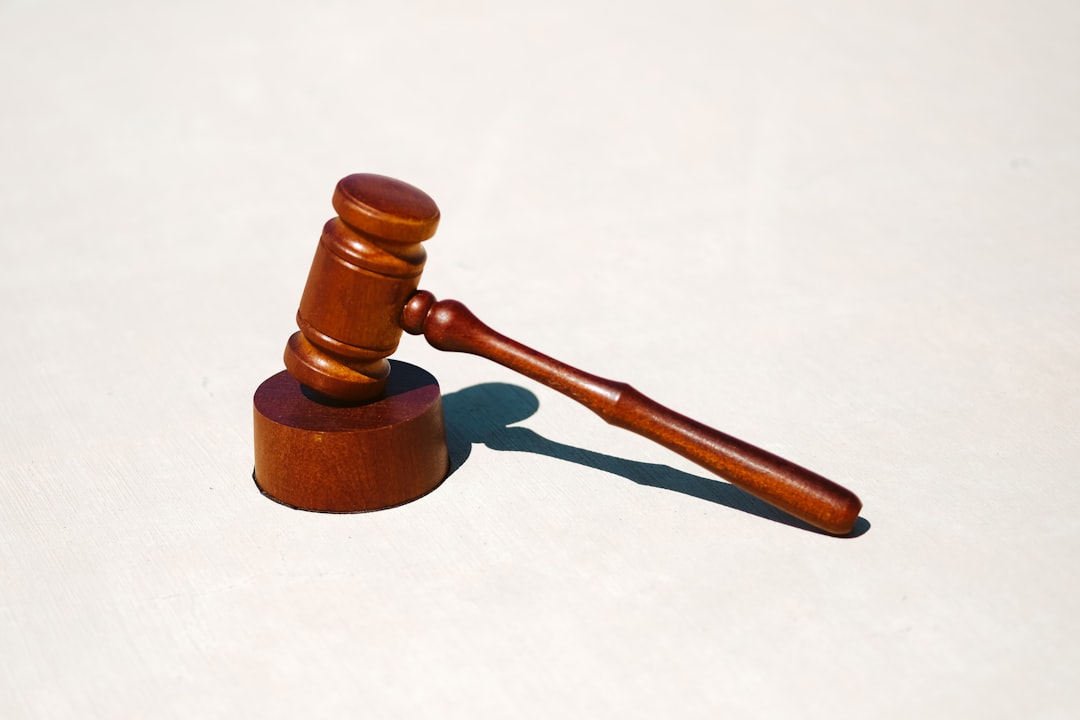South Carolina's workplace sexual harassment laws protect employees from verbal, physical, and quid pro quo abuse, with specialized sexual abuse attorneys offering crucial guidance to victims. These attorneys navigate legal processes, ensuring justice while promoting a safe, inclusive work environment. Victims can file complaints with SCHAC, receive counseling, and seek representation to combat harassment, holding employers accountable for their obligations under the law.
“In South Carolina, understanding workplace sexual harassment laws is crucial for fostering a safe and respectful work environment. This comprehensive guide navigates the state’s legal framework, defining sexual harassment and outlining victims’ rights and resources. It explores employer responsibilities and potential consequences, emphasizing the vital role of sexual abuse attorneys in SC for navigating legal action. By recognizing these aspects, employers and employees can jointly revolutionize workplace culture.”
Understanding South Carolina's Legal Framework

South Carolina has specific laws in place to combat workplace sexual harassment, offering protections for employees and defining clear boundaries. The state’s legal framework is designed to ensure a safe and respectful work environment, with penalties for employers who fail to adhere to these regulations. If an employee experiences sexual abuse or harassment at work, they have the right to take action.
Sexual abuse attorneys in South Carolina play a crucial role in guiding victims through the legal process. These experts can help employees understand their rights, file complaints, and seek justice against perpetrators. The laws not only prohibit verbal and physical advances but also cover instances of quid pro quo harassment and hostile work environments, ensuring that all forms of sexual misconduct are addressed comprehensively.
Defining Workplace Sexual Harassment

Workplace Sexual Harassment refers to any unwanted advances, requests for sexual favors, or verbal or physical conduct of a sexual nature that creates an intimidating, hostile, or offensive environment. This includes situations where a person in authority or power uses their position to coerce or pressure another individual into sexual acts or engaging in inappropriate behavior. Such behaviors can range from explicit propositions to subtle comments and non-consensual physical contact. In South Carolina, sexual abuse attorneys play a crucial role in helping victims navigate the legal system and seek justice for workplace harassment.
Understanding what constitutes sexual harassment is essential as it encompasses more than just romantic advances. It involves any behavior that makes an employee feel uncomfortable or unsafe in their work environment. This includes instances where supervisors or colleagues create a hostile atmosphere through lewd comments, inappropriate jokes, or any form of non-consensual touching. Recognizing these issues is the first step towards preventing and addressing workplace sexual harassment effectively.
Victims' Rights and Resources

Victims of sexual harassment in South Carolina have legal rights and resources available to them. If you or someone you know has experienced sexual abuse at work, it’s important to be aware of these options. The state offers several protections for victims, including the right to file a complaint with the South Carolina Human Affairs Commission (SCHAC), which investigates and enforces workplace discrimination and harassment claims.
Additionally, victims can seek legal counsel from experienced sexual abuse attorneys in South Carolina who specialize in employment law. These lawyers can guide victims through the legal process, help them understand their rights, and represent them in negotiations or court proceedings against employers who have failed to prevent or address sexual harassment. Support services like counseling and hotlines are also available to assist victims in healing from the trauma of workplace sexual abuse.
Employer Responsibilities and Consequences

In South Carolina, employers have a legal responsibility to maintain a safe and respectful work environment free from sexual harassment. This includes implementing robust policies and procedures to prevent and address any form of unwelcome behavior based on gender, race, age, or disability. Employers must ensure that all employees are aware of these policies and provide regular training to foster an understanding of what constitutes harassment.
The consequences for employers who fail to uphold these responsibilities can be severe. Sexual abuse attorneys in South Carolina can help victims navigate the legal system if their rights have been violated. Fines, damage awards, and even criminal charges may result from instances of negligence or intentional misconduct. Protecting employees from sexual harassment not only complies with the law but also promotes a healthier, more productive workplace culture.
Navigating Legal Action with Sexual Abuse Attorneys SC

Navigating legal action in cases of workplace sexual harassment can be a complex and daunting task, especially for those affected by such abusive behavior. In South Carolina, individuals who have experienced sexual abuse or harassment at work have a right to seek justice and hold their employers accountable. This is where sexual abuse attorneys South Carolina come into play. These specialized legal professionals are equipped with the knowledge and expertise to guide victims through the intricate process of filing complaints, gathering evidence, and advocating for their rights.
With their extensive experience in handling workplace harassment cases, sexual abuse attorneys SC can provide crucial support and ensure that victims’ voices are heard. They understand the state’s laws and regulations regarding sexual harassment, enabling them to build strong legal strategies tailored to each client’s unique situation. Whether it’s negotiating settlements, representing clients in court, or offering guidance during mediation, these attorneys strive to achieve the best possible outcomes for those who have endured sexual abuse in the workplace.






